Our blockbuster FTC disclosure awaits here. The following article was last updated on Dec 5, 2025 ...
Barn Find: Cheap Motorcycle Allure
Who can resist the charm of cheap motorcycling? I've never shelled out more than $2000 for a motorcycle and I've had the pleasure of owning around three dozen bikes so far (with six currently occupying my garage). Let's delve into the concept of the ideal cheap bike. We're focusing on the barn find and how to get it road-ready swiftly.
“Barn find fever starts with a low price and clues like ran when parked. With simple fixes and patience, that dusty bike can ride again.”
I'm going to take a winding route to discuss purchasing used bikes, so let's kick things off with some definitions. We'll define what's used, hopeless, project, basket case and as our title suggests ... barn find. Depending on the bike, your skill level, motivation, finances, workspace, available tools and end goals, none of these are inherently "wrong". These are just crucial ideas to bear in mind because if you snag the wrong type of bike for you, you're in for a rough ride.
In this journey of motorcycle ownership, the barn find has always been a favorite. It's like a hidden treasure waiting to be discovered and restored to its former glory. There's also the possibility of it becoming lawn furniture, if we're not careful.
Before The Barn Find
Before we delve into the allure of a barn find, it's important to understand the landscape of used motorcycles. The market is filled with various options, each with its own pros and cons. From the typical used bike to the hopeless rust bucket, the project paperweight to the basket case, each type of used bike presents a unique set of challenges and opportunities. Understanding these categories will help you navigate the market and find a bike that's right for you. Down the rabbit hole ...
Used, Not Abused
Most of us have purchased the typical used bike, either from a dealer or an individual, where we get to inspect the machine. The seller demonstrates the bike's features and functions. If you're feeling adventurous, you'll take the bike for a test spin. Everything more or less functions, maybe with some cosmetic issues but the seller actually "knows what they have" and has priced it for retail sale. If you're after a specific bike and want to ride it immediately, if you need to finance it or if you're not particularly mechanically inclined, a used bike at retail price is your best bet. If we don't have the budget for that and depending on the dealer, we don't want to spend six hours letting Kyle and his GM sort out the sales paperwork. We'll keep searching.
Hopeless, Minus The Romantic
The cheapest bikes you'll find advertised are hopeless. They're piles of rust where you can't identify the original paint color, whether it had chrome or not and they're missing things like spokes. It probably doesn't have a title and parts availability is virtually non-existent. You'll end up investing more money into it than it's worth. If you're a seasoned mechanic with a fully equipped workshop and it's a very special bike, then go for it. If we're short on time, money and space, this isn't our cup of tea.
Project Object
Next in line is someone's project bike. Almost invariably, it's someone who fell in love with the idea of a cafe racer and thought that chopping bits off a good frame would transform it into a race bike. Or they decided they wanted to undertake a full restoration, starting with getting the frame powder-coated and disassembled it completely without labeling any parts and having no clue how to reassemble it. Alternatively, it'll be the same story but as a hardtail. These are more frightening because they give you hope but they too aren't what we're hunting for. The prices on these can get steep, with sellers thinking they know what they have or believing their emotional attachment to a dream carries financial value.
Basket Case
The basket case might be an option. That is, literally, a bike as a basket of organized parts. Generally, if the seller is the one who dismantled it and it was for "Some Good Reason," you can get away with this sort of purchase. The inspiration for this article was a project like that. A guy had a Triumph that he dismantled to winterize, had kids and never reassembled it. Unfortunately, that one slipped away from me but such is the life of the deal seeker.
Barn Find (Legendary Myth?)
And now we arrive at the juicy part of this story: The elusive barn find. We're leveraging our knowledge of bikes and people's lack of time and fear of working on machines. There are clues and prices to look for in ads. We don't get to be choosy about the specific bike here but the world does serve us up some impressive tidbits from time to time.
To pull off a successful barn find deal, you need a few things at your disposal. First, you need to have cash. Whatever you're going to offer, have it ready. You need to have transport arranged. You need to exercise patience. And you need the free time to go fetch the bike.
When you're scouring the ads, look for suspiciously low prices. For instance, when a bike that should be $3000 is listed for $300. Also look for "just needs ..." in the description, "ran when parked" and obvious fixes, like "won't run unless on choke".
In general, we're hunting for a bike that was parked, not wrecked. Dropped? That's okay. Rough looking fairings? Dented tank? We're still interested. Anything beyond bent bars is a pass, as we then need to investigate things that may end the bike for us.
There's also the sniff test. When you call the seller, you're looking for a knowledge imbalance. Maybe there's a plausible excuse why the seller is leaving an easy fix on the table. For instance, the Triumph I mentioned earlier was a guy who was my height, lowering the bike while doing the winterization and just ... never finished.
I recently stumbled upon an ad for a scooter. The person who listed it said it had a title and "needs a carb clean or battery". The bike was otherwise in great cosmetic condition. It was listed for only $150. I reached out to the seller and the story they told was believable, so I went ahead and picked it up.
There are assumptions to make here as well. Usually, when buying a used bike, we're checking tires, oil, coolant, brake fluid, brake pads, grips, battery, chain and sprockets. Since we're buying a bike that wasn't running, we need to assume all of that is bad.
After bringing the scooter home, I finally got to inspect it. The battery was toast. The tires were good. I really lucked out as the bike would start! However, after the electronic choke cut out, so would the bike. This means it needed the carburetor cleaned.
When you get your bike home, wait until the next day. In the moment, you're all hopped up on glee from finding a great deal that shouldn't take much work to put right. You need to be clear-headed and ready for frustration. Bring out your tools, a can of carb cleaner, a can of starter fluid, a few gallons of clean gas, an empty bucket and a new battery. Then you can start working on getting it running again. Once it's running, then we can decide what else to spend money on.
With the scooter, a carb clean did the trick. The usual reasons for bikes running poorly (if they run at all) are that they've developed an intake leak or, more commonly, the idle/pilot circuit of the carb(s) is dirty. Clean the carbs' metering circuits well and most bikes will spring to life. If it cranks but doesn't fire, remember the key elements: air, fuel and spark. Employ a sensible process in eliminating possible problems and take notes.
What we're hoping for is the sort of fixing session you'd need if you parked your own bike in the garage and left it for two years. The difference here is that you have zero history with the machine (you're going in semi-blind). Buying a non-running, or very poorly running bike is somewhat of a gamble. So far, I've not lost the challenge.
Buying bikes that "someone put away" has kept me in motorcycling for two decades now. Seeing that I can find bikes and do this every week says it's a rich resource, especially if you're looking for your next set of wheels.
Barn Find Conclusions
Motorcycles are for the most part, expensive. This sort of buy and fix has allowed me to stay in the hobby while introducing others to it. Finding ways to make it affordable is crucial. Buying bikes through "well informed luck" is why at least a half a dozen people I know are riding today.
That's the beauty of a barn find. It's a way to get into motorcycling without breaking the bank. It's also a way to find a bike that has been forgotten and give it a new lease on life. Next time you're looking for a motorcycle, filter your perspective to spot that barn find. You never know what you might uncover.
Also ... the thrill of the barn find isn't just the bike itself. You're bringing a forgotten machine back to life, maybe learning a new skill or two and arriving at the pride of ownership. You'll also build stories to tell and who knows? You might just find that the bike you rescued becomes your favorite ride.
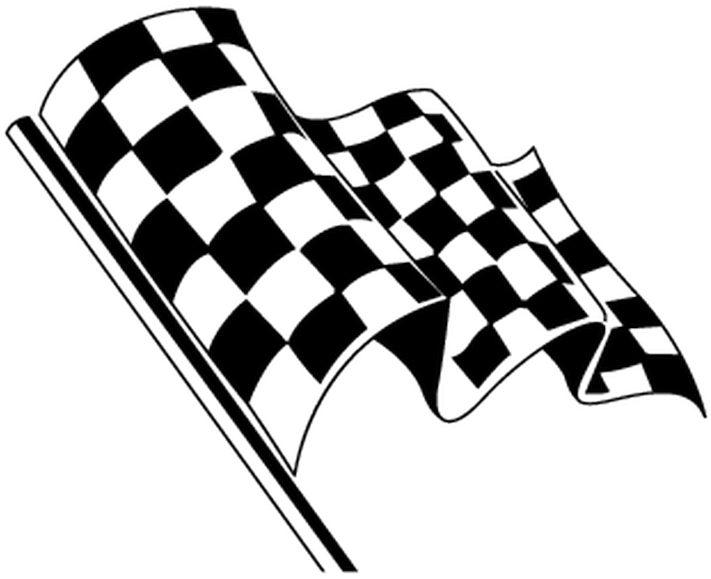
Finding Barn
There are a lot of great bikes out there waiting to be discovered. What techniques do you use to find them and why? Your input is invited. Leave a comment and/or write an article!
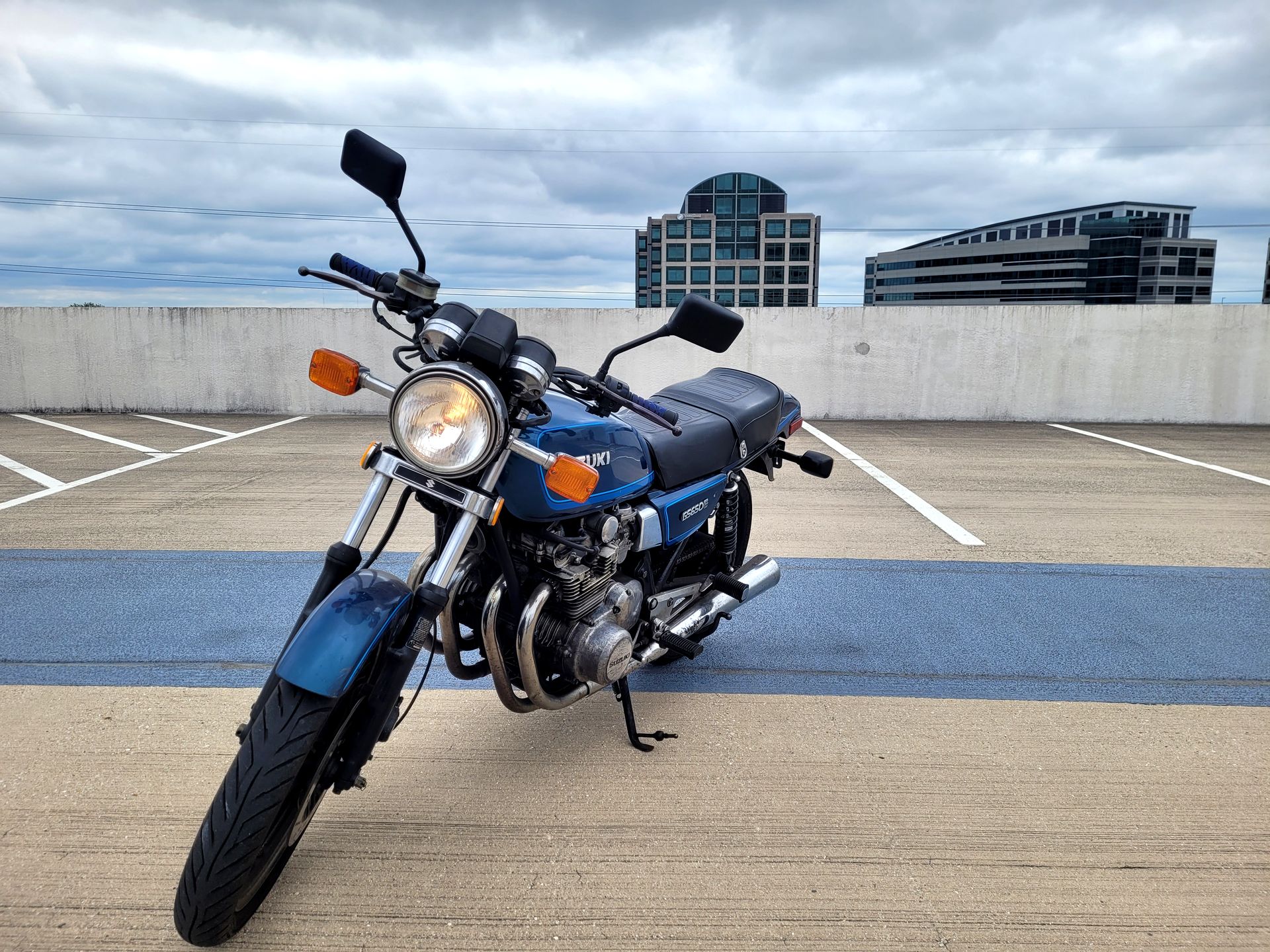
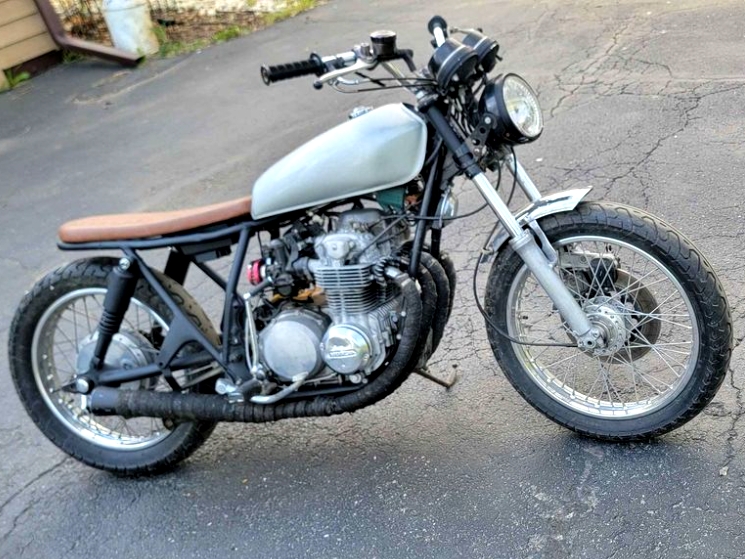
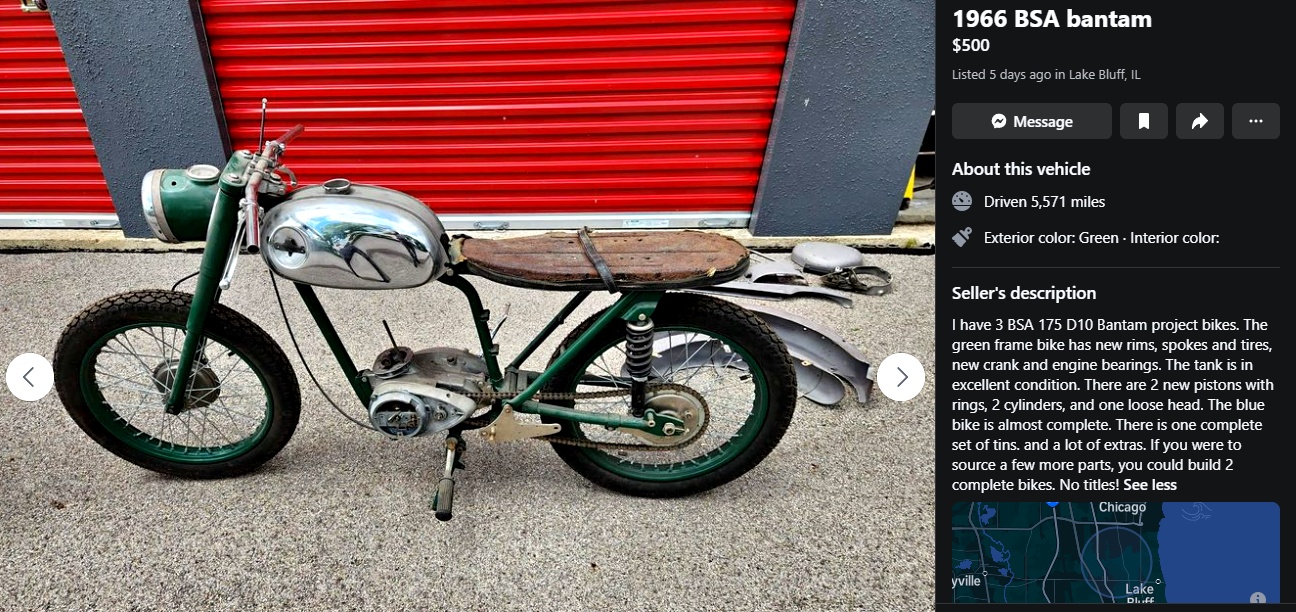
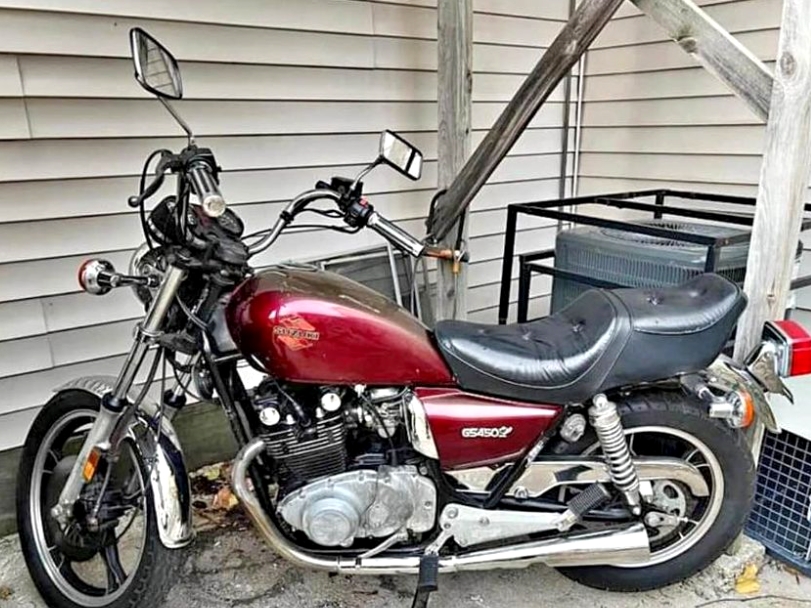
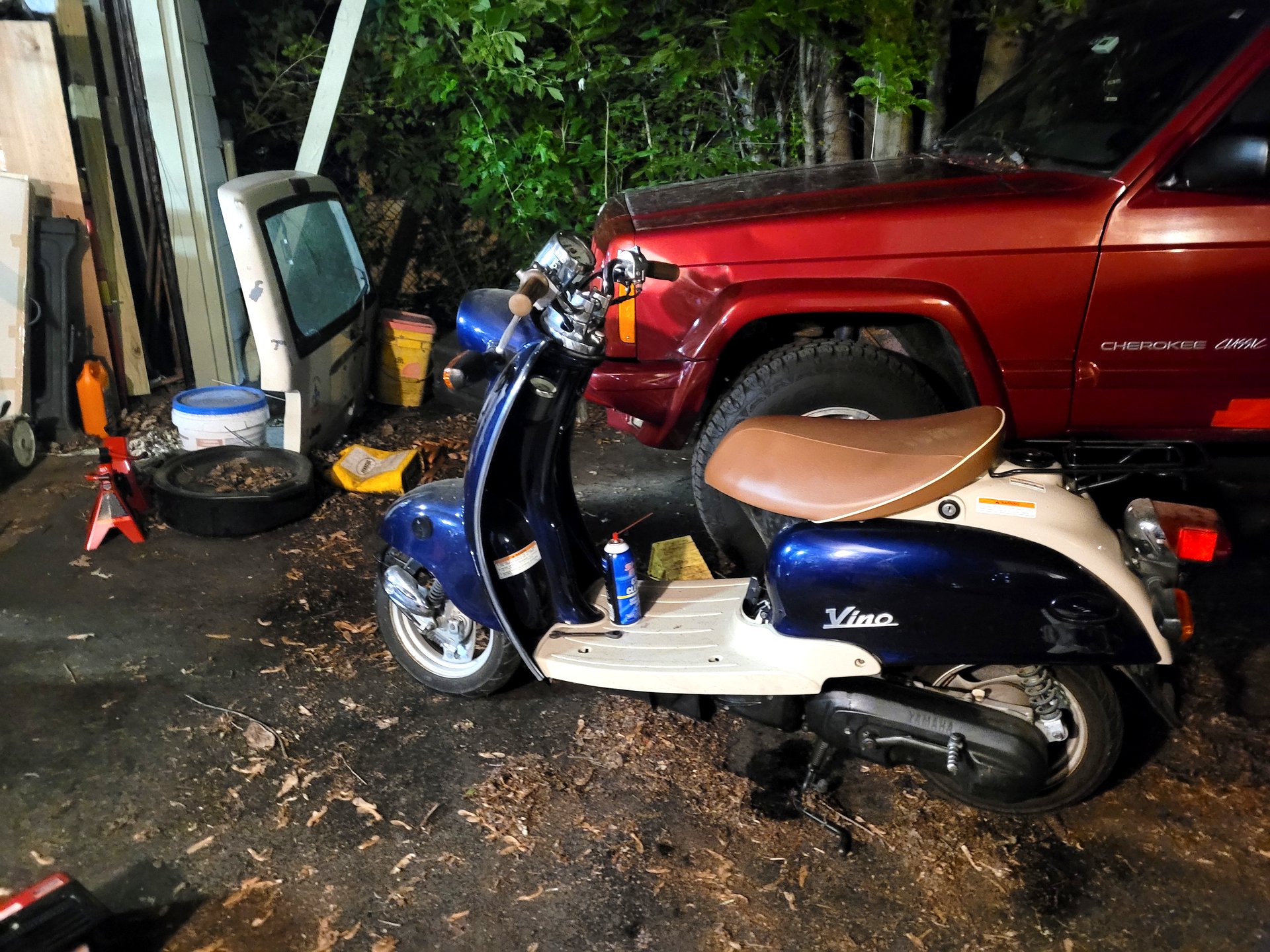
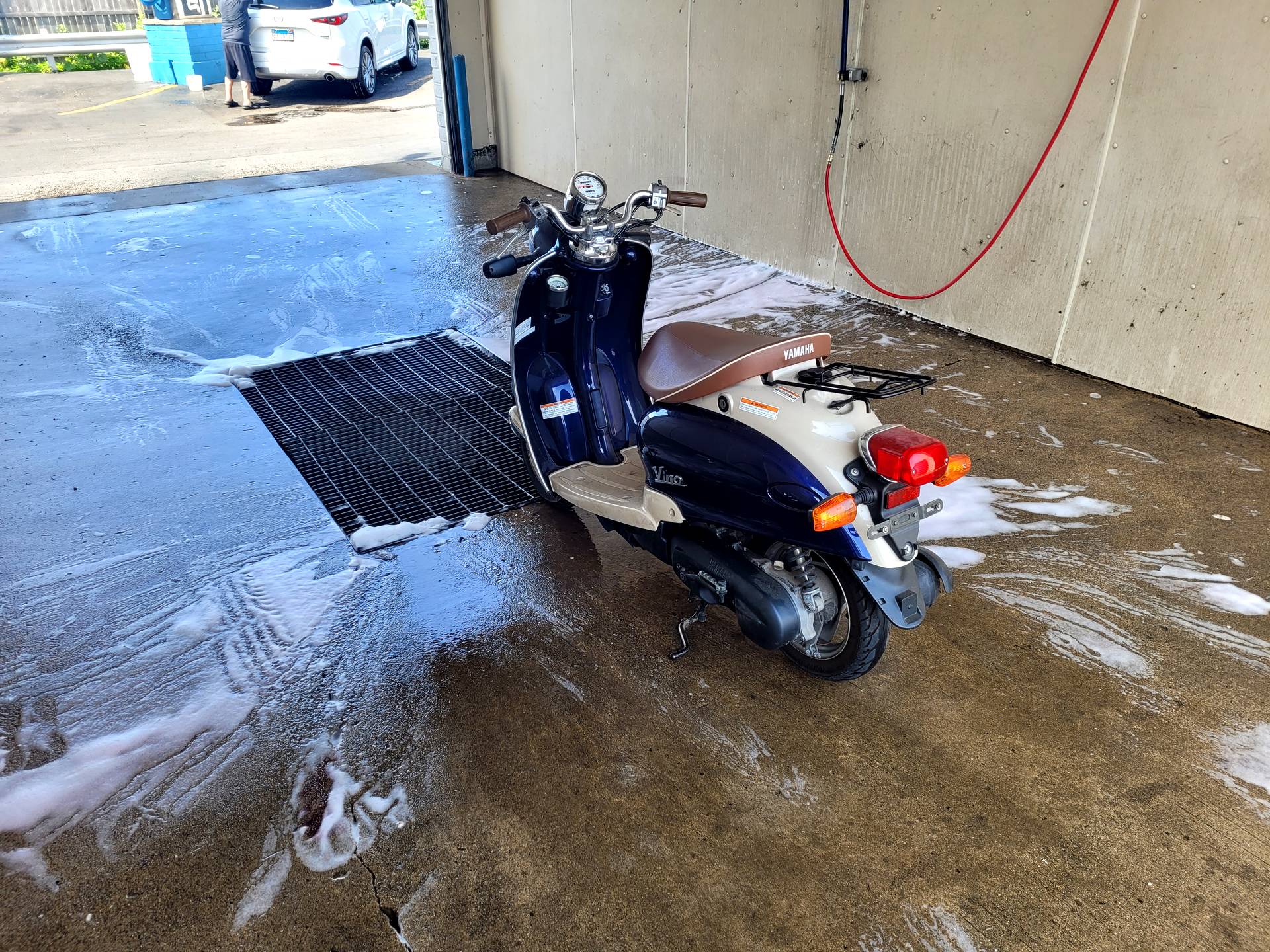
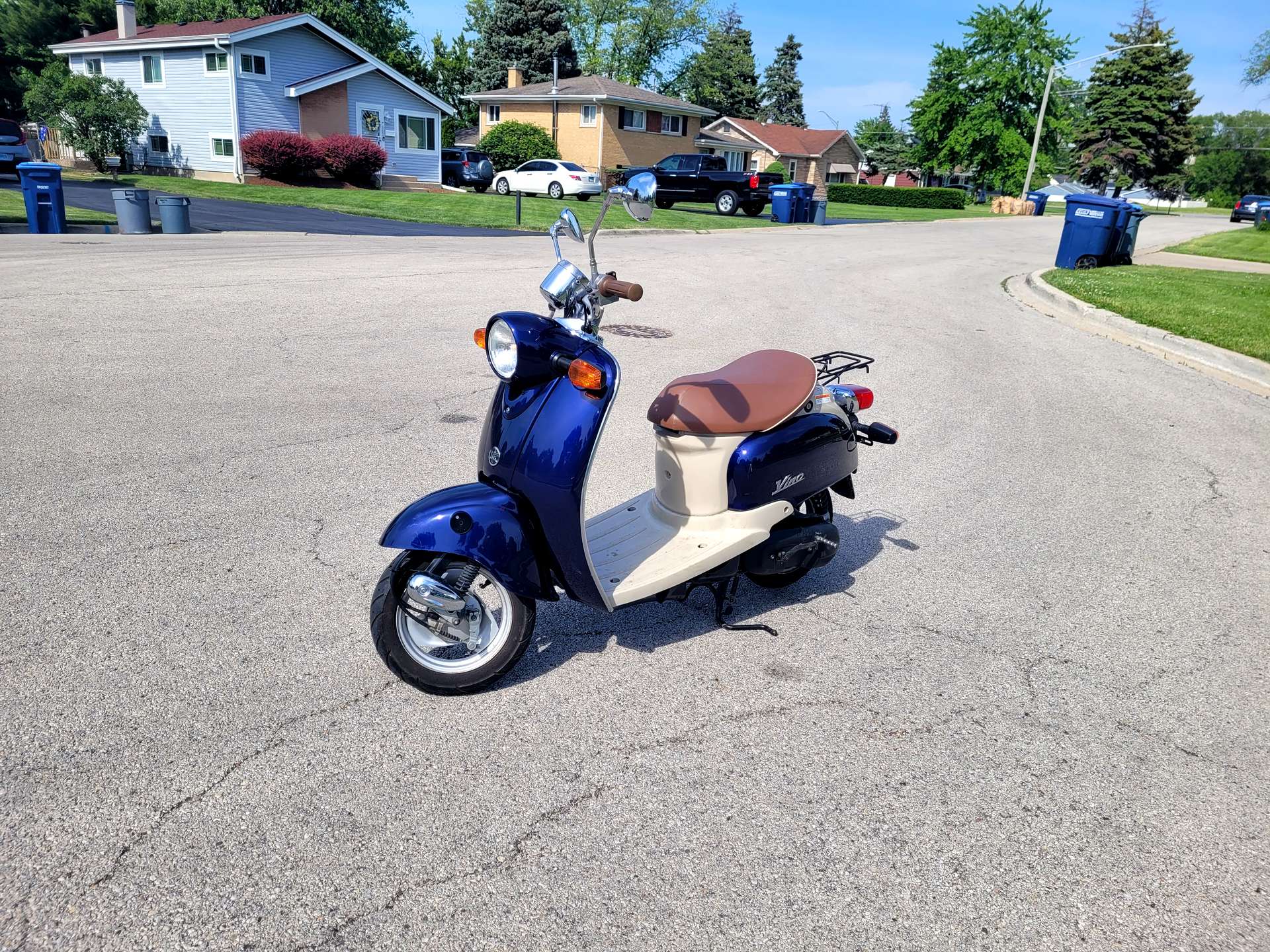
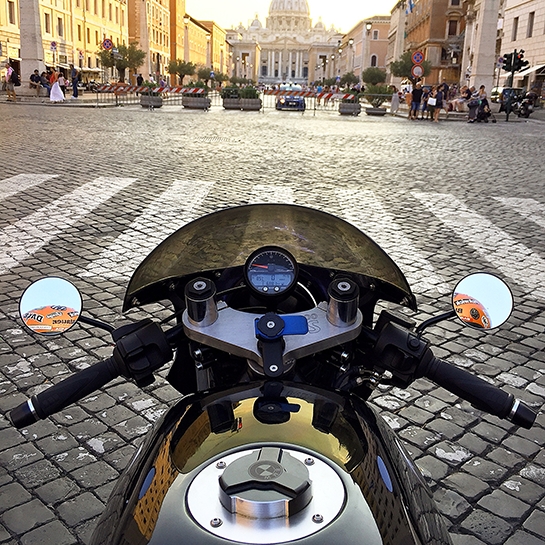



Thoughts gone wild? Write an article!